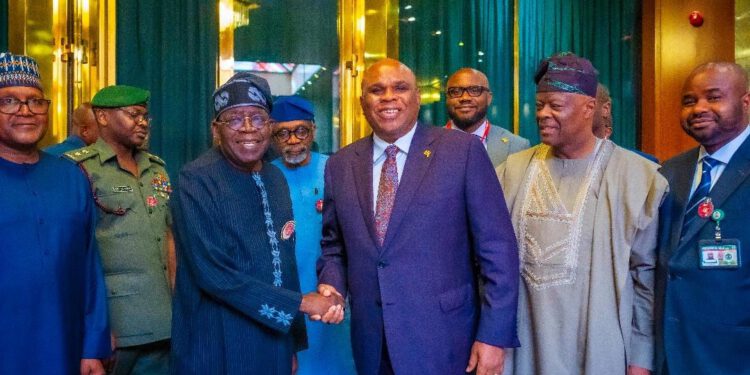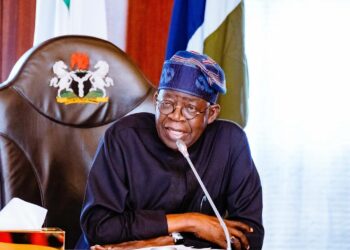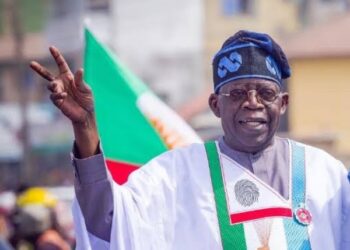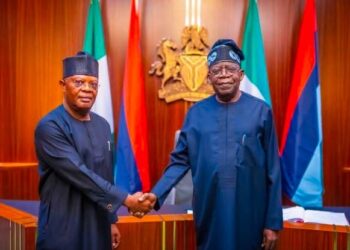…urges stakeholders to uphold national interests
President Bola Ahmed Tinubu has reiterated his commitment to boosting Nigeria’s economy through a groundbreaking shift to Naira-based transactions for crude oil and refined products.
In a strategic meeting held at the State House, Abuja, on Tuesday, the President addressed the Implementation Committee tasked with rolling out the policy, urging them to tackle any early challenges to ensure the policy’s success.
The President emphasized that the decision to conduct oil transactions in Naira was aimed at eliminating exchange rate volatility that has hampered the sector in recent decades.
He underscored the importance of not reverting to outdated practices that had, over 40 years, led to inefficiencies and revenue challenges.
“Whatever solution we proffer in crude oil and refined products sales in Naira should not take us back to our experience in the last 40 years,” Tinubu said. “There can be cost and revenue adjustment in the oil sector, but the issue is that the government will not have to go back to the old way of doing things.”
Tinubu urged major stakeholders, including the Nigerian National Petroleum Corporation Ltd (NNPC) and the Dangote Refinery, to boost production to meet local demands, thereby reducing Nigeria’s reliance on costly fuel imports.
He encouraged a focus on refining capacity for domestic consumption, which could redirect significant foreign exchange reserves toward Nigeria’s industrial and real sectors.
In his remarks, Tinubu proposed using Afreximbank as a settlement bank to streamline Naira-based transactions for oil, positioning the bank as a central financial advisor to ensure transparent, market-driven exchange rates for the oil sector.
“The market must determine what we are doing. Once you allow the market to determine the profit and loss, independent marketers and the government side can meet on the worksheet. I want the issues resolved without future waste of time,” Tinubu asserted.
Finance Minister Wale Edun, who also participated in the meeting, affirmed that the administration remains committed to Naira transactions for crude sales and would steer clear of determining exchange rates for oil.
This stance, Edun noted, aligns with the government’s market-driven approach aimed at fortifying Nigeria’s energy independence.
Highlighting the potential to meet Nigeria’s energy needs domestically, Dangote Group CEO Aliko Dangote disclosed that the Dangote Refinery has already distributed over 400 million liters of fuel, with an additional 500 million liters in reserve.
Dangote hinted at the possibility of collaboration with NNPC refineries to meet Nigeria’s daily petrol demand of 32 million liters.
The meeting also saw Federal Inland Revenue Service Chairman Zach Adedeji reiterate Tinubu’s vision to transform Nigeria into a regional hub for refined petroleum exports, signaling an end to costly refined product imports as local production scales up.
Notable attendees included Afreximbank President Prof. Benedict Oramah, Minister of Budget and National Planning Sen. Abubakar Atiku Bagudu, NNPC Limited’s Group Managing Director Mele Kyari, and other top energy officials, all aligned in support of the President’s vision for a self-sustaining oil sector.
As Nigeria takes its first significant steps toward independence from fuel imports, the Tinubu administration is focused on creating a robust, self-reliant energy sector.





















